Forschungsfragen prägen das wissenschaftliche Wissen, das wir über bestimmte gesellschaftliche und kulturelle Phänomene erlangen können. Sind theoretische und methodologische Ansätze zu Affekten und Emotionen konzeptuell in der Forschung verankert, so können bisher verborgene oder ausgeblendete Dynamiken in den Blick gerückt werden. Affektsensible Forschungsfragen können aber nicht nur in einer eigenen empirischen Forschung gestellt werden, sondern … weiterlesen
Affekte und Forschungsdaten: Über das Ausgraben und Archivieren von Affektivität




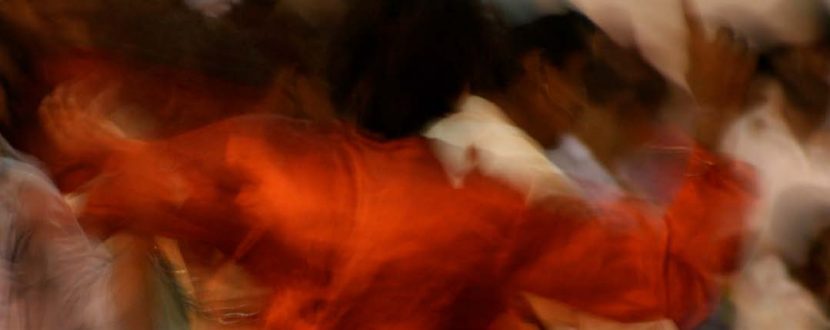
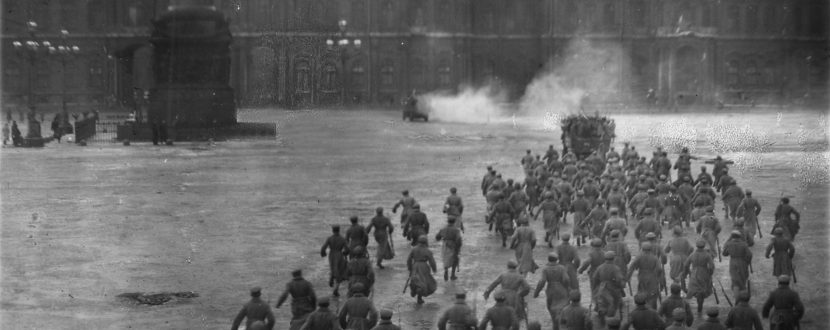
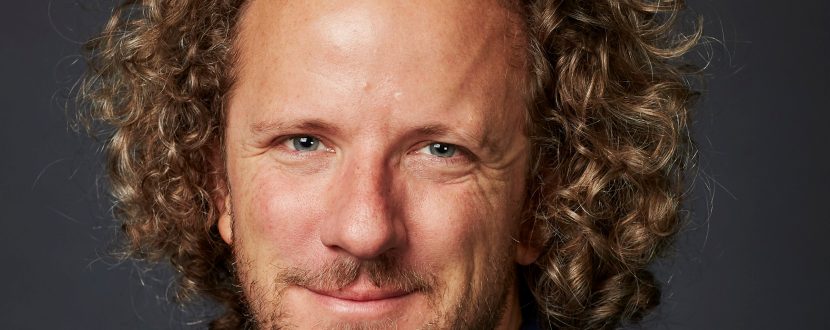
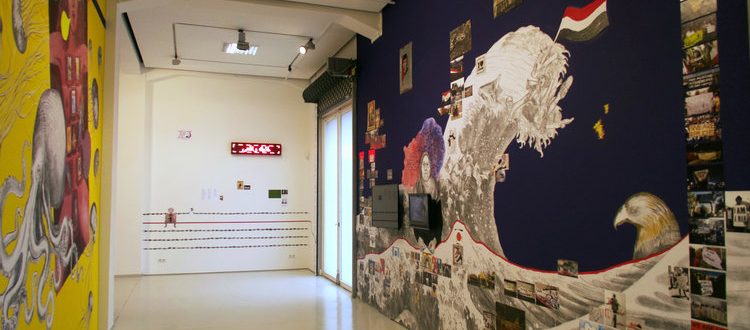
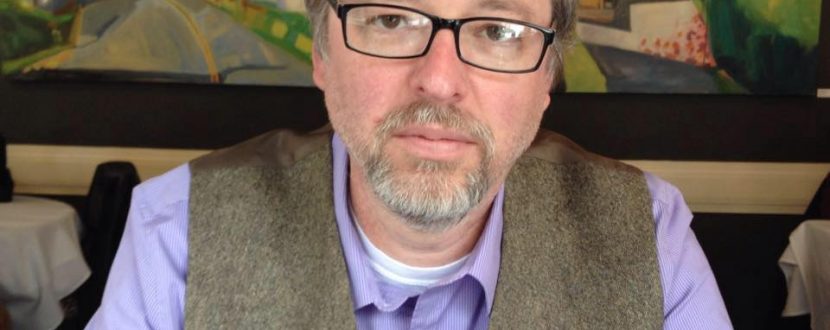
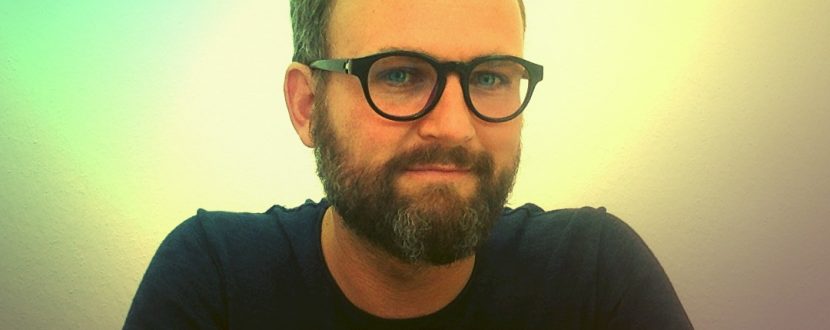
 ältere Posts
ältere Posts